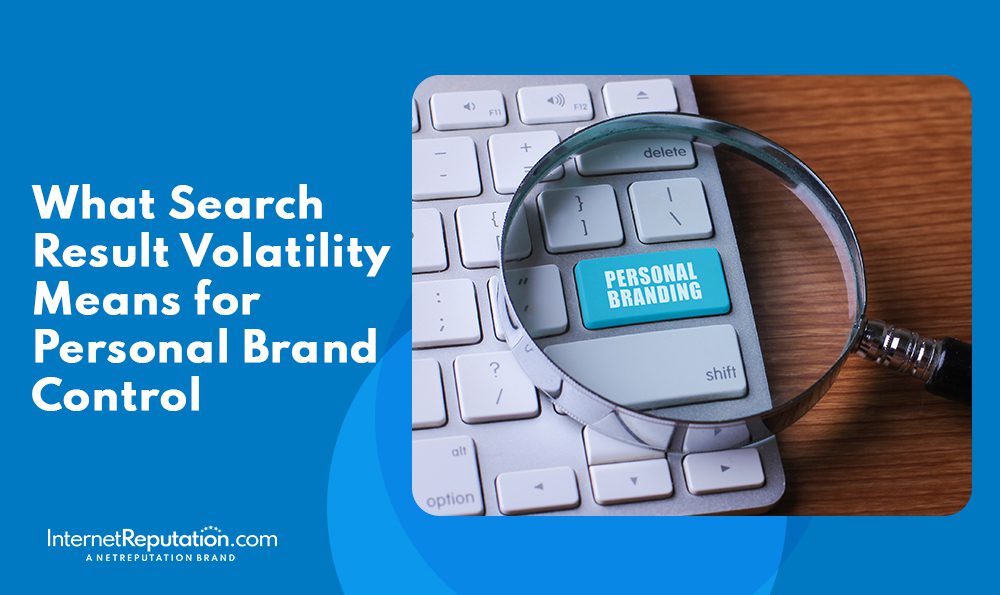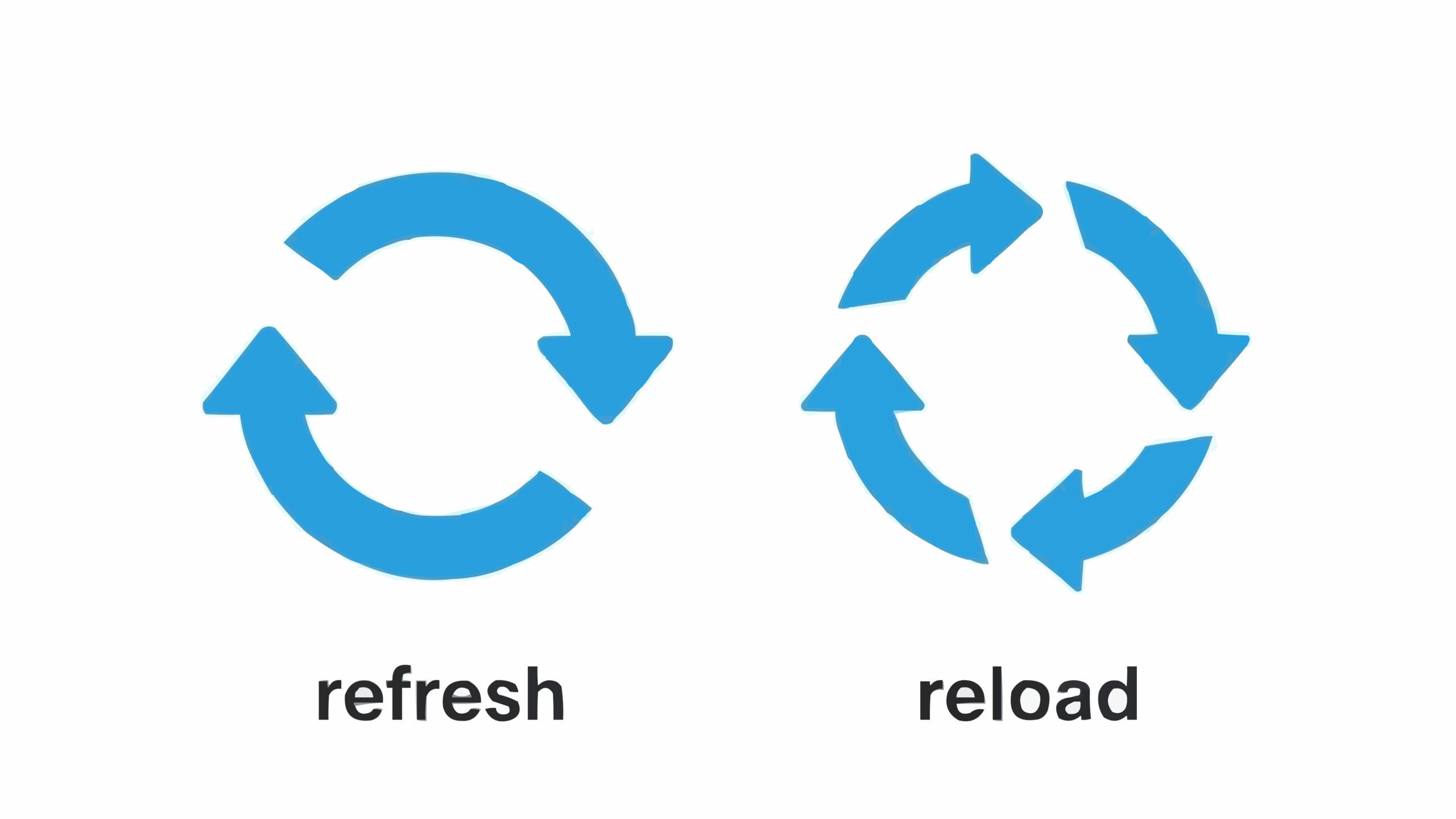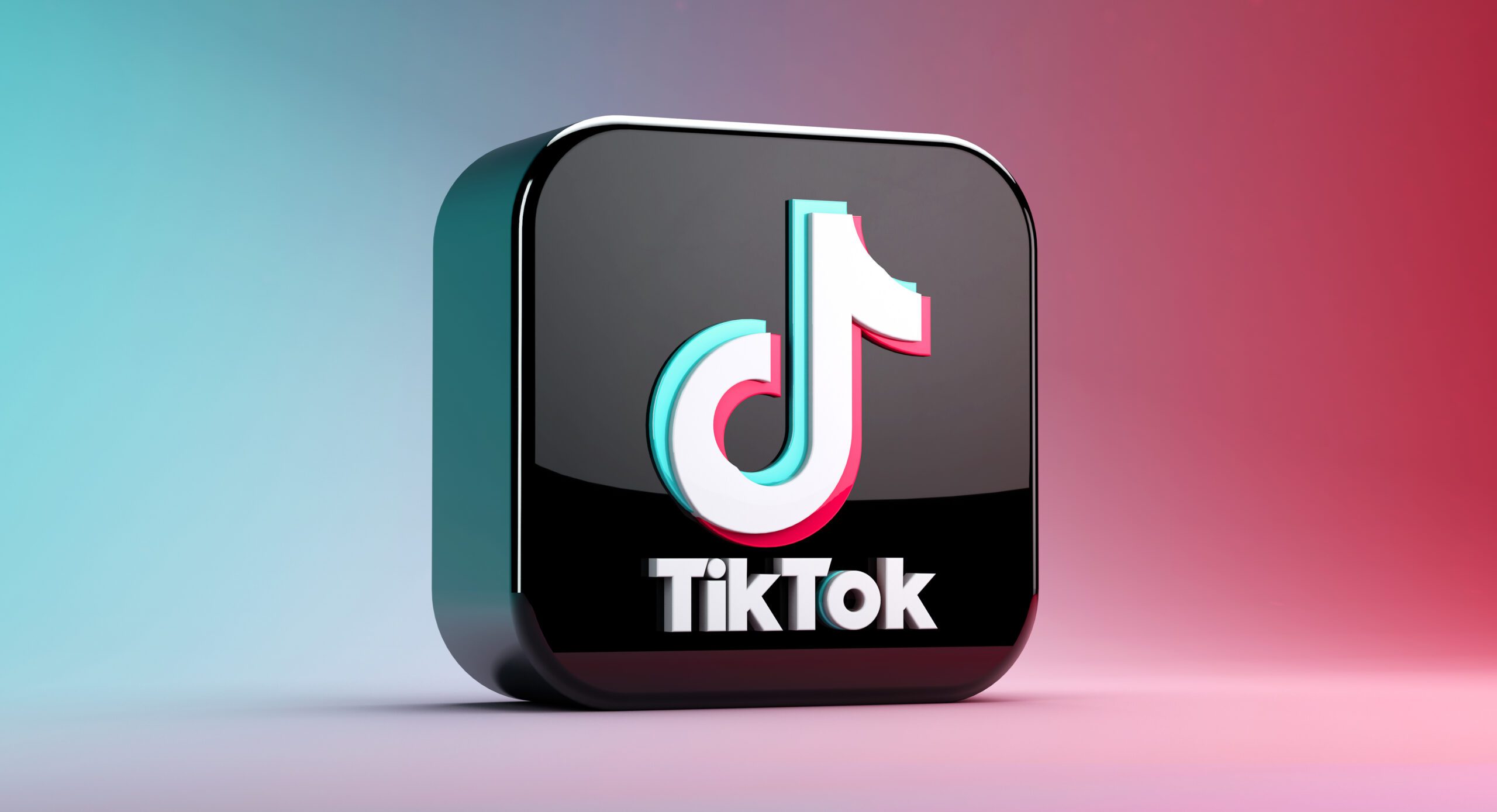What Search Result Volatility Means for Personal Brand Control

Your personal brand isn’t just what you post—it’s what people find when they search for you.
In a world where most people research you online before making decisions, search result volatility can quietly undermine even the strongest personal brand. Fluctuating rankings and changing search results have real consequences for visibility, credibility, and professional opportunity.
What Is Search Result Volatility?
Search result volatility refers to the unpredictable fluctuations in search engine rankings. One day, your personal website or professional profile might appear on page one; the next, it’s buried behind unrelated content or negative press.
These shifts—driven by algorithm updates, content freshness, and competitor activity—can quietly derail your personal branding strategy and digital footprint.
Why Search Result Volatility Matters for Personal Branding
A solid personal brand depends on consistency, trust, and discoverability. If people can’t find the right information about you online, they can’t connect with your expertise, values, or professional image.
Here’s how volatility gets in the way:
- Loss of visibility: Your best content gets pushed down or replaced by competitor content or irrelevant pages, making it harder for your target audience to find you.
- Credibility issues: Outdated or irrelevant content can take the spotlight, confusing hiring managers or clients about your current skills and achievements.
- Confusing narrative: Inconsistent messaging across platforms muddies your brand voice, diluting the unique value you bring and weakening your professional network.
A strong personal brand helps you stand out in your desired industry, but only if you actively manage the digital footprint that supports it.
What Causes Search Result Volatility?
1. Algorithm Changes
Search engines constantly update their algorithms to surface relevant, timely, and trustworthy content. These shifts can impact your personal branding efforts overnight, especially if you rely heavily on older content or aren’t consistently creating value-driven updates. Keeping up with these changes through market research and adapting your content strategy is essential to maintain a strong personal brand.
2. Competitor Content and Influencers
Other professionals, social media influencers, or even co-workers may be creating content that outranks yours. If you’re not updating your personal brand statement or engaging on social media platforms, you risk being overshadowed. This makes it crucial to build your personal brand by regularly sharing industry expertise and engaging with your audience.
3. Negative Mentions or Old News
Old articles, outdated bios, or negative reviews can resurface without warning. A successful personal brand requires more than just polishing your LinkedIn headline; it demands consistent, proactive reputation management and ongoing monitoring of your online presence.
4. Personal Life Content
Public social media posts, tagged images, or blog comments from years past can unexpectedly resurface at the top of search results. If these don’t reflect your current brand values or professional goals, they become liabilities. It’s essential to carefully curate your digital footprint, striking a balance between personal expression and professional image.
How Search Volatility Impacts Your Reputation
A volatile search presence makes it harder to control how you’re perceived. For example:
- A software developer with strong industry expertise may lose visibility because a trending article about another person with the same name goes viral.
- A business strategist’s personal website might drop off page one, replaced by outdated listings or unverified bios from aggregator sites.
- A social media influencer’s brand voice could be diluted if visual assets or older posts resurface in a misleading context.
The takeaway? Even if you have an effective personal brand, search engines might not always reflect that. This highlights the importance of a comprehensive personal branding strategy that incorporates monitoring and adapting to search engine volatility.
How to Build a Resilient Personal Brand Online
To withstand search result volatility, you need a strategy that amplifies your best content and minimizes potential distractions. Here’s how to do that:
1. Monitor Your Digital Footprint
Use social media tools, Google Alerts, and brand tracking software to stay informed about what’s showing up in your search results. If something damaging or outdated resurfaces, take prompt action to address it. This vigilance helps maintain your reputation and ensures your personal brand stays aligned with your current professional goals.
2. Publish Long-Form Content and Video
Creating blog posts, articles, or a YouTube channel builds authority. Long-form content helps anchor your brand identity while showcasing expertise and core values. Bonus: search engines love it. This also allows you to demonstrate your skills and share personal branding examples that highlight your unique approach within your industry.
3. Create a Personal Website
Your own brand should have a home. A personal website gives you full control of your narrative, acting as a hub for your elevator pitch, professional images, visual assets, and unique value proposition. It serves as a central point to showcase your personal brand statement in one to three sentences that communicate who you are and what you offer.
4. Engage with Your Audience
Building a strong personal brand isn’t a one-way broadcast. Utilize social media platforms to connect with like-minded individuals, share industry insights, and provide exclusive content that showcases your expertise and personality. This active engagement helps expand your professional network and solidifies your position within the creator economy.
5. Be Consistent Across Channels
Whether you’re on LinkedIn, Instagram, or writing Medium articles, your personal brand statement should echo across all platforms. This consistency helps reinforce your reputation, even if volatility affects one channel temporarily. It also strengthens your brand voice and helps maintain a cohesive online persona.
6. Define Your Target Audience
Speak directly to the people you want to influence—clients, hiring managers, younger audiences, or peers. Tailor your message so your personality, values, and expertise connect clearly. Understanding your audience is key to building a personal branding strategy that resonates and drives success.
7. Audit and Refresh Content Regularly
Even bestselling authors and top business leaders need to update their bios. Replace outdated achievements with fresh wins, and archive anything that no longer aligns with your personal brand. Regularly refreshing your content ensures that your online presence reflects your current skills and aspirations.
Final Thought: Control What You Can
Not everyone can predict what Google will rank tomorrow. However, everyone can take steps to build credibility, increase visibility, and shape their online narrative.
Your brand isn’t just a headline on LinkedIn. It’s a living, evolving reflection of who you are and what you stand for. In an era of volatile search results, the most successful personal brands are built to adapt, thrive, and maintain authentic connections with their audience.


